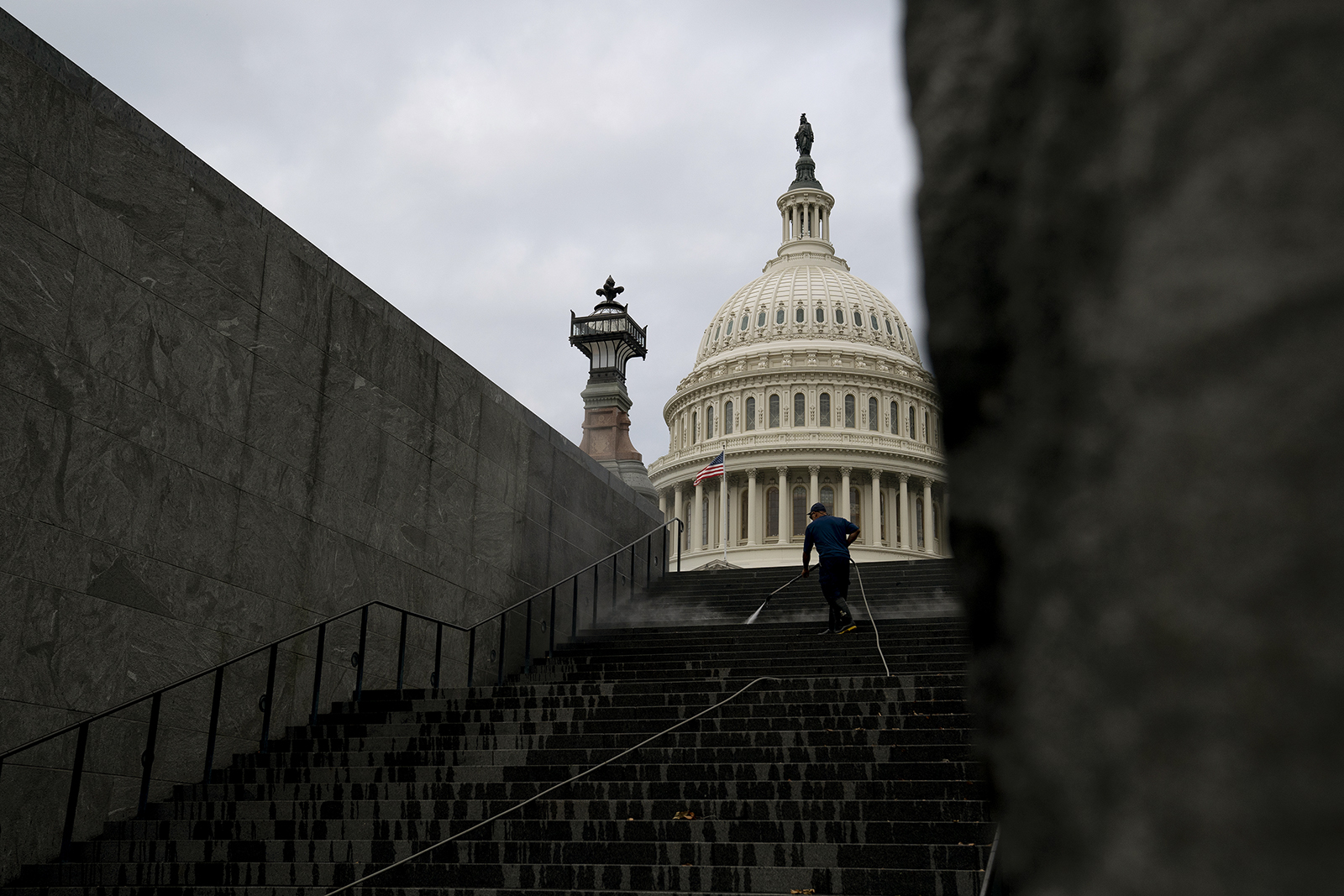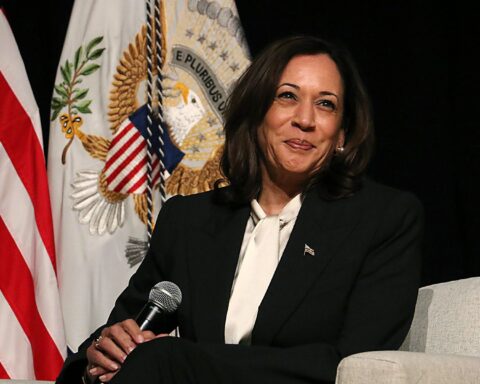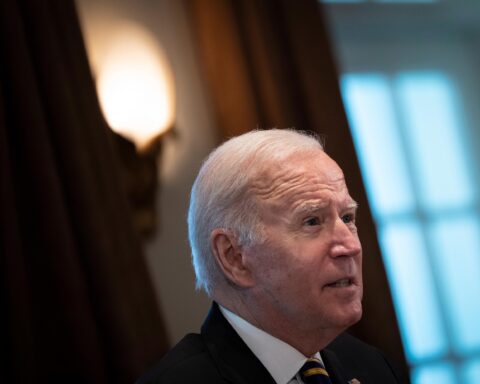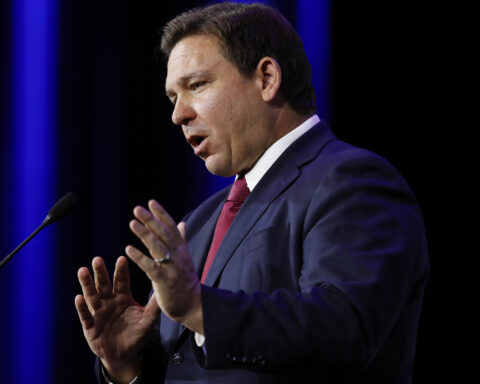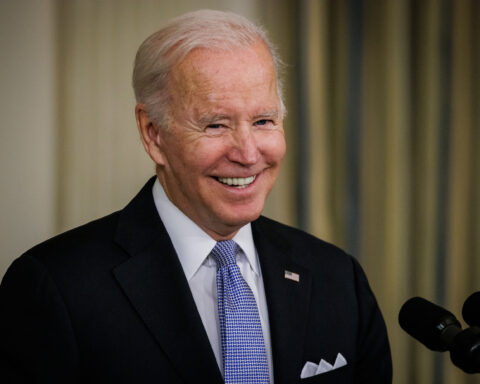Senate Republicans are expected to block a vote Wednesday to start debate on a $1.2 trillion bipartisan infrastructure bill, as they push for more time to strike a deal with Democrats and write the legislation.
But lawmakers said their negotiations will intensify over the next few days with the goal of trying again to advance the measure by early next week.
Senate Majority Leader Chuck Schumer has defended his decision to set up the Wednesday vote despite Republican opposition, pointing out that the bipartisan group has spent more than a month negotiating.
“There’s no reason it should fail,” said Schumer on Tuesday. “What is the reason? They say they need the whole bill text, they haven’t asked for that on bill after bill after bill.”
The bipartisan effort is one part of a two-track strategy to advance the White House’s sweeping economic agenda, as Democrats lay the groundwork to advance a $3.5 trillion package expanding the social safety net. Democrats have suggested that some elements of the bipartisan plan could be rolled into the Democrat-only package if they can’t advance the narrower measure. Some moderate Democrats, however, are already wary of adding to the eye-popping price tag.
In June, the White House and a bipartisan Senate group agreed to a $579 billion in new spending to build roads, bridges, railroads and airports, along with water, power and broadband infrastructure projects.
But lawmakers have since struggled over how to pay for the massive investment. They made their task even harder by agreeing to scrap a provision that would have strengthened the Internal Revenue Service’s ability to collect unpaid taxes, which would’ve raised up to $100 billion in government revenue. They also haven’t resolved other issues, including how much transit funding to provide, according to a Senate GOP source.
Utah Sen. Mitt Romney, one of the Republican negotiators, said Tuesday that senators had “resolved probably three-quarters” of their issues in the last two days, and predicted that they could work out the rest “by the end of the week.”
Romney said that he wanted the vote to be pushed back to the beginning of next week.
“I am hoping that Sen. Schumer will have the vote on Monday when we’ve had a chance to resolve any remaining, outstanding issues,” Romney said.
